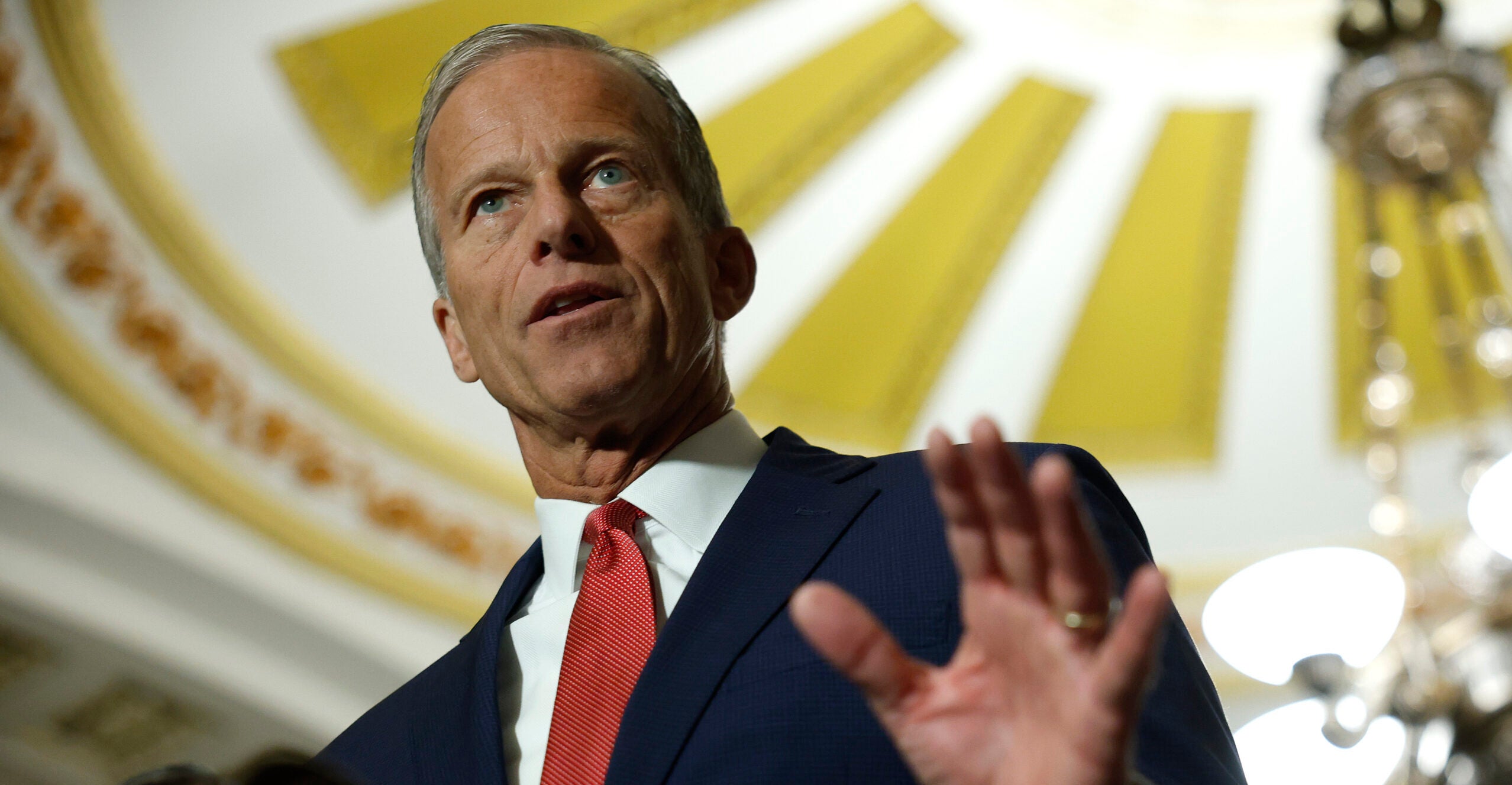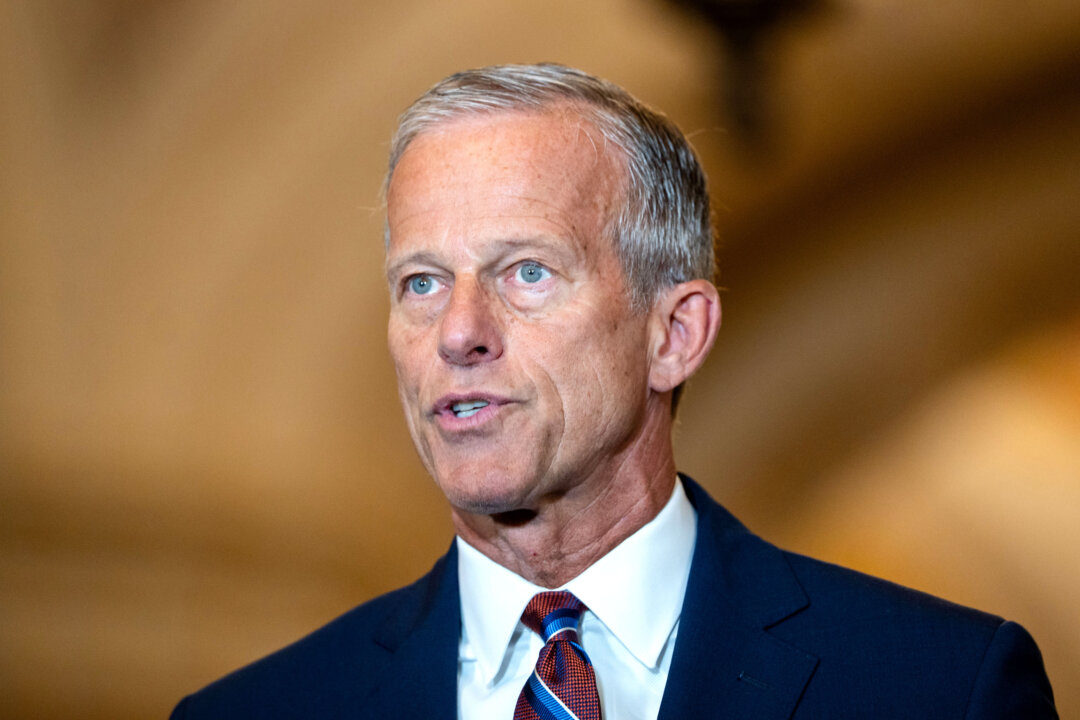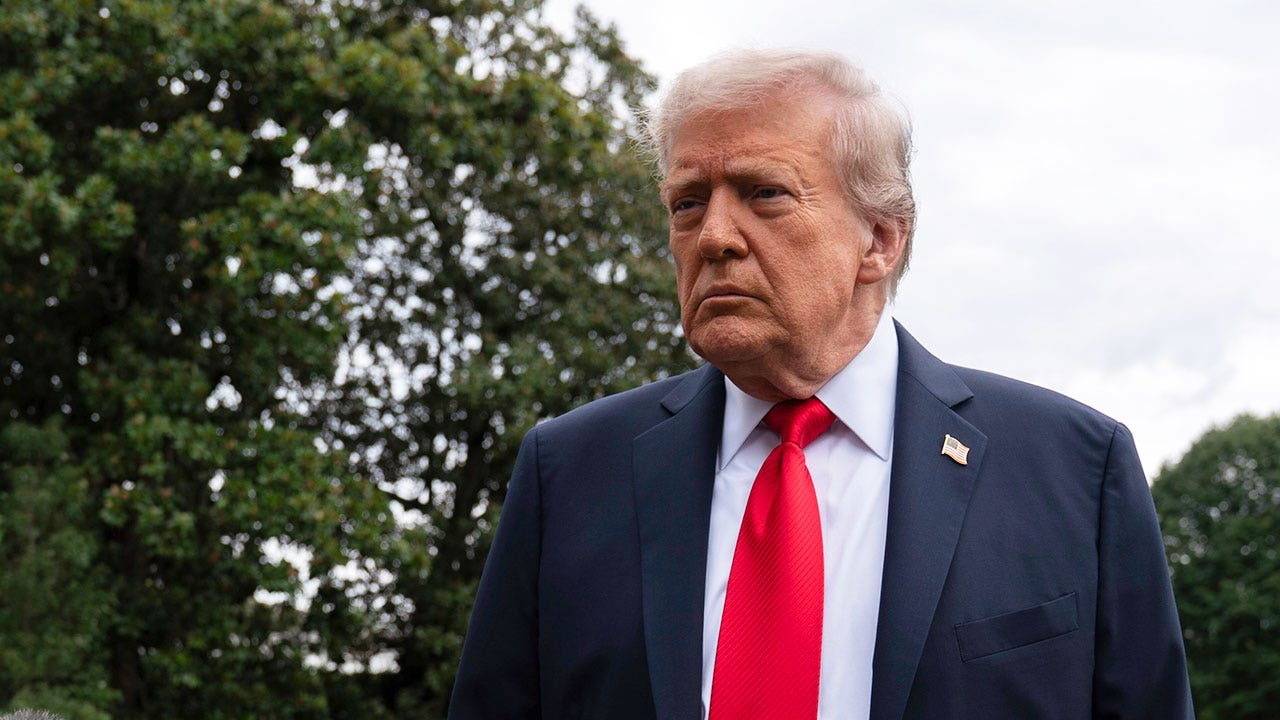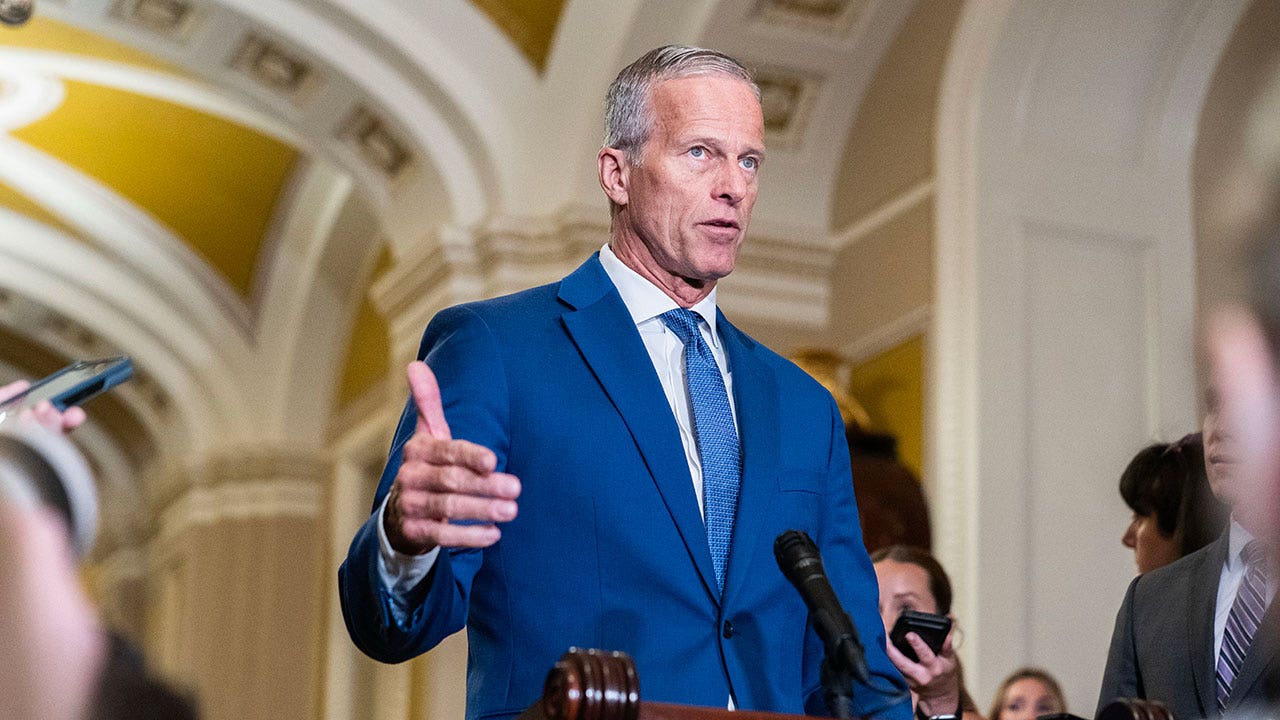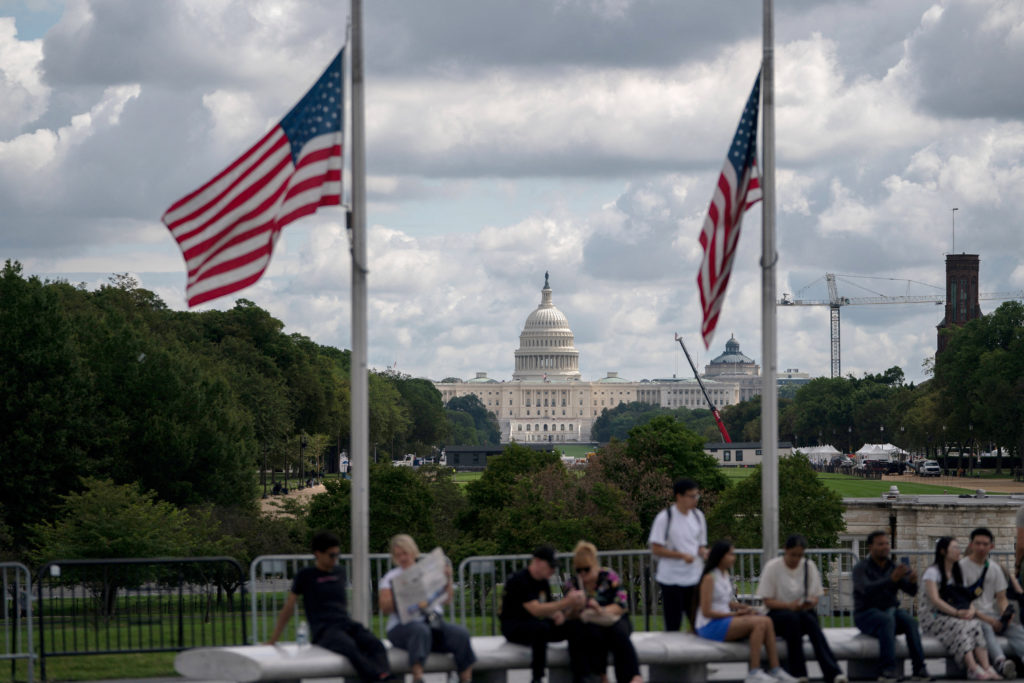Senate Republicans Trigger 'Nuclear Option' to Speed Up Trump Nominee Confirmations
The Senate, in a 53-45 party-line vote, changed its rules to significantly accelerate the confirmation process for President Trump's executive branch nominees, excluding judicial appointments.
Subscribe to unlock this story
We really don't like cutting you off, but you've reached your monthly limit. At just $5/month, subscriptions are how we keep this project going. Start your free 7-day trial today!
Get StartedHave an account? Sign in
Overview
- The Senate voted 53-45 along party lines to alter its rules, aiming to expedite the confirmation of President Trump's executive branch nominees.
- Senate Republicans triggered this rule change, often called the 'nuclear option,' after negotiations with Democrats regarding nominee confirmations collapsed.
- The procedural shift specifically targets non-judicial nominations, reducing the debate time required for these appointments from 30 hours to just two hours.
- This move is intended to overcome Democratic opposition and accelerate the filling of key positions within the Trump administration's executive branch.
- The decision reflects a significant partisan division in the Senate over the confirmation process for presidential appointments, impacting future legislative dynamics.
Report issue

Read both sides in 5 minutes each day
Analysis
Center-leaning sources cover this story neutrally by presenting the facts of the Senate rule change and offering balanced perspectives from both Republican and Democratic leaders. They explain the "nuclear option" and its historical use, allowing readers to understand the event without editorial bias or loaded language in their own descriptions.
Articles (9)
Center (2)
FAQ
The 'nuclear option' is a parliamentary procedure that allows the Senate to change its rules to lower the vote threshold for certain decisions, notably reducing the cloture threshold to a simple majority. It has been invoked several times, including by Democrats in 2013 to eliminate the 60-vote threshold for executive-level nominations, and by Republicans to expedite confirmations, including for Supreme Court nominees and executive branch picks.
Senate Republicans triggered the 'nuclear option' after negotiations with Democrats failed to resolve delays in confirming President Trump's nominees. The move aimed to overcome Democratic opposition and expedite the confirmation process by reducing debate time from 30 hours to two for non-judicial nominees and allowing confirmations by simple majority.
The rule change specifically applies to executive branch nominees and sub-Cabinet-level positions that are subject to Senate debate rules requiring two hours of debate. Judicial nominees, including district court judges and district attorneys, are excluded from this change and continue to be processed under existing rules.
Democrats sought a bipartisan deal to allow grouped confirmations with limited debate time, but negotiations fell through when Senate Republicans decided to proceed with the 'nuclear option' unilaterally. Some Democrats expressed willingness to work through the weekend to reach a compromise, but Republicans moved forward despite being close to an agreement.
This rule change highlights and deepens partisan divisions in the Senate, as it was passed on a party-line vote and is intended to circumvent Democratic opposition to President Trump's nominees. It accelerates filling executive branch positions but raises concerns about reducing minority party influence in confirmations and potentially affecting future legislative negotiations.
History
- This story does not have any previous versions.

